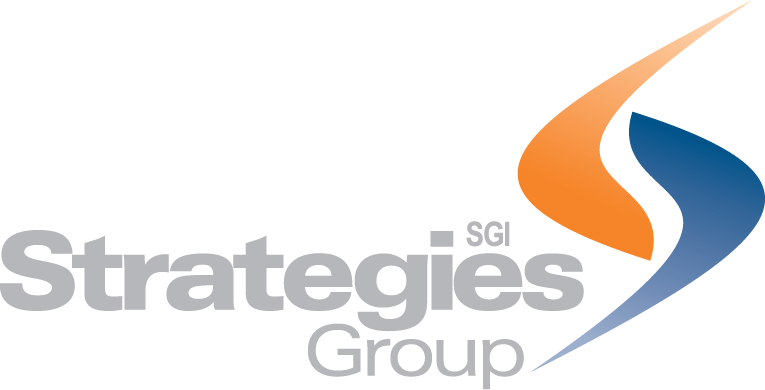A Technology Training Framework

Listen to our CEO, Randy Collins, conversation on Training with the Construction Brothers Podcast:
Over the past 21 years in the software industry, while the products we offer have become more powerful, the way in which our customers implement and prepare for the change has remained relatively the same. Companies usually get at least minimal training after a change in technology; however, they rarely have a plan for staff changes. These constant changes make training an ongoing process. Corporate training has the same impact on the bottom line as sales, marketing, and operations and should hold an important place in our annual planning process.
Every organization should develop a plan that consists of the following components.
Post ERP Implementation Training (As New Technology is Acquired)
An Enterprise Resource Planning (ERP) system is business process management software that allows an organization to use a system of integrated applications to manage the business and automate many back-office functions related to technology, services, and human resources. When companies invest in new ERP systems and expect to see a return on that investment. The system’s impact and value can dwindle and even become negative if the company doesn’t include adequate POST implementation training. This training is often a part of the proposal by the consultants hired to implement the new technology; however many companies decide to cut back on this because they have become weary of the time and money it has already taken to implement the new solution.
This is always a big mistake. Even with great training, it can take employees months to become proficient with a new ERP system. Making your employees learn a new ERP system without proper training decreases its impact on your business while also reducing employee morale. With remote tools available, this training does not have to be overly expensive and should never be part of the “value engineering” of new technology purchase.
Annual Upgrade and Enhancement Training (At least Annually)
If you invest wisely in a software solution, the product should change and become even more valuable over time as the software publisher enhances the functionality of your product. These changes can often make big improvements in your business. It is always wise to read the release notes for each new upgrade and discuss the enhancement with your technology provider. While the functionality of these enhancements is usually included in the software upgrade, knowing what they are and how to use them are often overlooked. Part of your annual corporate training program should include training on the enhancement of your primary software solutions. This training is not normally as involved in Post Implementation but can nonetheless have a big impact on your organization’s return on technology investment.
Knowledge Transfer Training (Annually or as required by staff changes)
Every technology change has a champion and a group of “super users” who carry the flag for the organization. As these employees get promoted or leave the company, the knowledge they have accumulated can be lost or diminished. Each company should have a plan to not only recognize who these super users are but to methodically transfer the unique knowledge they have collected to the remainder of the staff. Scheduled meetings with specific agendas to show the other users the “shortcuts” or specific features they use will make the whole team more productive. This process also has the impact of retaining inherent corporate knowledge and the valuable employees who are both recognized as leaders and allowed to teach others what they have learned.
Benefits of Implementing a Training Program
To be a good steward in our business, we need to evaluate the time and money commitment involved in our training program in comparison to the benefit our organization receives. So, this begs the question…What are the benefits of a comprehensive training program? A well-run program provides benefits way beyond better use of the tools your company has invested in. Here are just a few ancillary but important benefits of a training program:
- Retain High Performers – Top performers in our companies like to feel appreciated and want to be challenged. Over 74% of employees today feel like they are not achieving their full potential largely due to a lack of development (training) opportunities. Our top performers are among that percentage. Training can stem the tide of losing these valuable team members.
- Retain a younger workforce – Millennials see jobs differently than their parents did. Most young workers today think of a job as an opportunity to learn and grow. In 2018, the U.S. Labor Bureau issued a report that found companies with under 100 employees averaged about twelve minutes of manager training every six months, and firms with 100-500 employees only provided six minutes. If we are not providing the training for them, then they will seek out places that do invest in their growth.
- Create a Cohesive Team – Common experiences build teams. Training and conquering a new technology tool are something the entire team can bond around. Feeling like a part of a valued team has been proven to reduce turnover.
How to Cover the Cost of Training
While training normally has a hard cost, its benefits can easily pay for those expenses. Performance increases in the double digits are often realized when a viable program is implemented. In addition to these bottom-line performance improvements, lowering turnover costs are an important factor to consider. There are also many states who provide an economic incentive to recoup costs. One example is the state of Georgia’s Retraining Tax Credit. A company can get a tax credit (yes, an actual check from the state) of up to $1,250 per employee per year for training on new systems.
Training is not optional for companies who want to run at peak efficiency, retain great employees, and build strong teams. Work with your technology advisor today to develop a program that works for your company.
